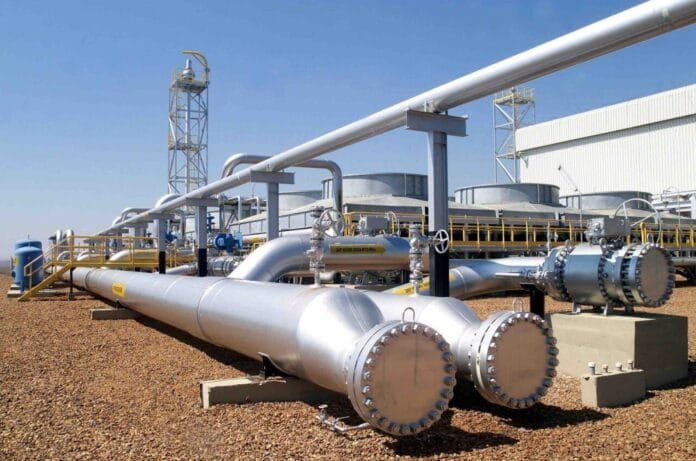Transnet Pipelines, a division of Transnet, will begin projects to address the threat of gas shortages in South Africa, known as the “gas cliff”. The plan involves reusing the pipeline infrastructure to transport liquefied natural gas (LNG) from the coast to the main markets in the interior of the country. The term “gas cliff” refers to the expected decline in gas supplies from Mozambique.
Currently, gas is transported through an 865-kilometer pipeline connecting the Pande and Temane fields, operated by the Republic of Mozambique Pipeline Investments Company (Rompco). This pipeline meets around 90% of South Africa’s gas demand, mainly for industrial use. However, the supply of gas is expected to decrease in the coming years, with Sasol, which exploits gas in Pande and Temane, possibly ceasing to supply industrial gas by June 2026.
The Industrial Gas Users Association of Southern Africa (IGUA-SA) has already warned of the serious consequences of a sudden shortage, which include rising energy costs, job losses and economic instability. Faced with this situation, Sibongiseni Khathi, CEO of Transnet Pipelines, announced that the new LNG infrastructure could be operational by 2027, with efforts being made to bring forward the completion of Phase 1 of the terminal to the first quarter of 2027.
Options for improved titles include: “Transnet Starts Projects to Combat Gas Shortages in South Africa”, “Transnet’s New LNG Infrastructure Aims to Mitigate the Country’s Gas Crisis” and “Government and Transnet Plan New LNG Terminals in the Face of Gas Shortages”.




